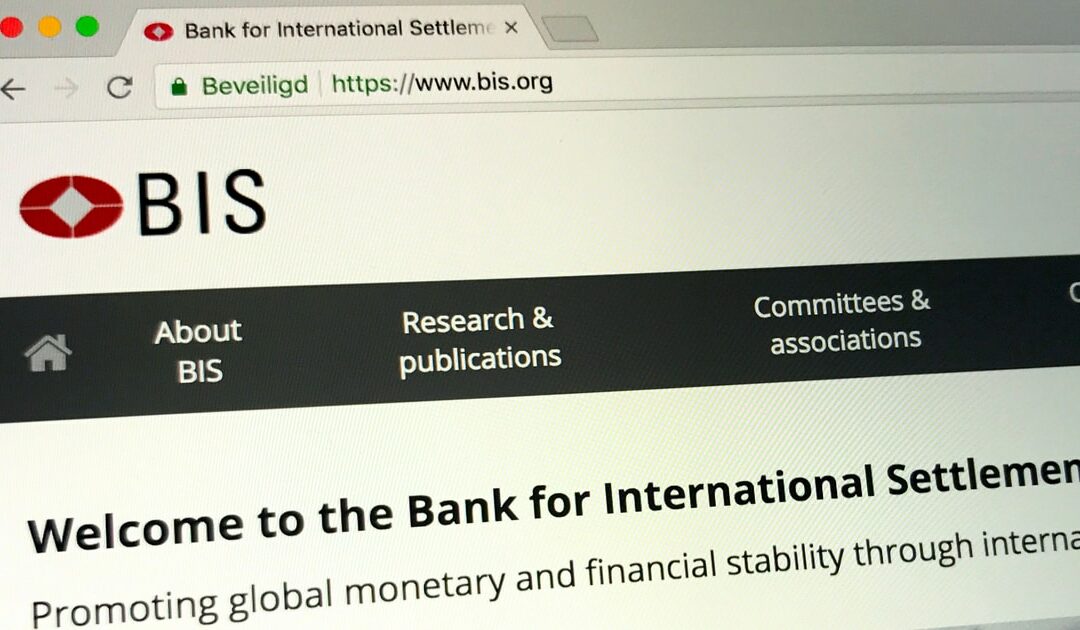The Bank for International Settlements (BIS) has announced a suite of six pioneering projects for 2024, signaling a significant leap in the integration of emerging financial technologies such as quantum security, artificial intelligence, and green finance. This move demonstrates BIS’s dedication to enhancing the resilience and efficiency of the global financial system in an increasingly digital and environmentally-conscious era.
The six projects, as outlined by the BIS Innovation Hub, are as follows:
- Project Leap (Eurosystem Centre): Focused on “quantum-proofing” payment systems, this initiative seeks to protect financial infrastructures against the potential threats posed by quantum computing advancements. The Eurosystem Centre leads this endeavor, highlighting the importance of future-proofing payment systems in the digital age.
- Project Symbiosis (Hong Kong Centre): Leveraging artificial intelligence and big data, this project aims to revolutionize emissions tracking in supply chains, particularly focusing on Scope 3 emissions. The initiative underscores the critical role of technology in tackling climate change and promoting sustainable business practices.
- Project Aurum (Hong Kong Centre): This project delves into the privacy aspects of retail central bank digital currencies (CBDCs). Collaborating with academic and privacy experts, it reflects the BIS’s commitment to balancing innovation in digital currencies with the need for user privacy.
- Project NGFS Data Directory 2.0 (Singapore Centre): Aimed at enhancing the accessibility and usability of climate-related financial data, this project supports the Network for Greening the Financial System (NGFS). It addresses the growing importance of climate risk in financial decision-making.
- Project Promissa: Exploring the use of distributed ledger technology, this project tests the tokenization of promissory notes, a critical component in funding international financial institutions. It highlights the potential of blockchain technology in improving the efficiency and security of financial transactions.
- Project Hertha (London Centre): This initiative applies network analytics to identify patterns of financial crime in real-time payment systems, showcasing BIS’s dedication to combating financial crime and enhancing the integrity of the financial ecosystem.
Cecilia Skingsley, Head of the BIS Innovation Hub, emphasized the importance of these projects, stating that they reflect a commitment to safety and efficiency in financial services, in line with the principles set by G20 countries. The projects build on the completion of 12 initiatives in 2023, with eight more ongoing, showcasing BIS’s proactive approach in addressing the challenges of the modern financial landscape.
These projects also align with BIS’s broader efforts in critiquing cryptocurrencies, advocating for transparency reforms, and monitoring complex securities, further cementing its role in promoting stability and soundness in the global financial system.
As the financial world grapples with the implications of digital transformation and environmental challenges, the BIS’s 2024 agenda stands as a testament to its role as a leader in shaping policies and infrastructure for a sustainable and secure financial future.
Image source: Shutterstock








